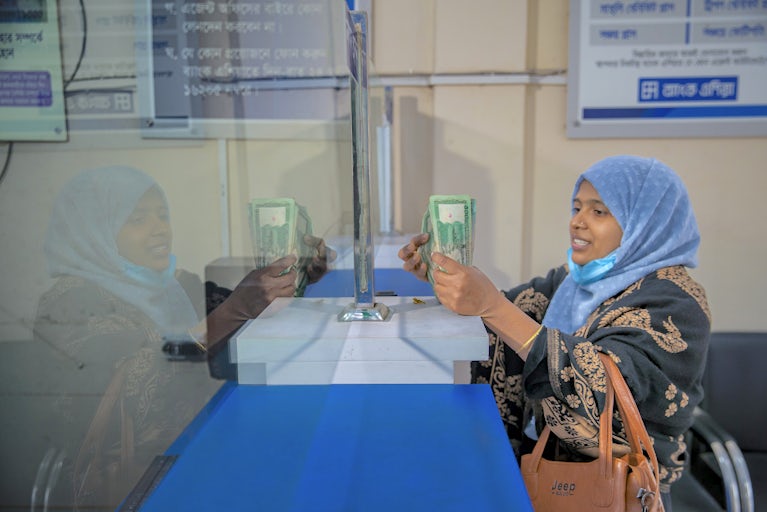
How Financial Inclusion Reduces Poverty and Income Inequality
By Heifer International | December 30, 2023
August 27, 2025
The sleepy village of Dadi Louis, in Nigeria’s southwestern Lagos state, sits on a narrow strip of land flanked by the Gulf of Guinea on one side and a lagoon on the other. Some of the most basic services available to many communities around the world are absent here: there’s no road access to the village and there’s no electricity. Even finding fresh water is a challenge, as the ocean affects the salt concentration of the groundwater in unpredictable cycles and makes it difficult to reliably grow crops, the primary source of income in the community.
Ashiata Akanbi, 27, has been working for the past 10 years to establish a successful farm in Dadi Louis, growing fruits and vegetables like peppers, onions, cucumbers, watermelon and, especially, tomatoes, a significant product for the country’s domestic food system. But the obstacles posed by the village’s remote location are worsened by another issue all too common among smallholder farmers: lack of access to reliable and safe financial assistance to nurture their enterprises.
“To get a loan from the bank is not easy,” Ashiata explained. Though she loves the area for its safety and peacefulness, getting started in agriculture, without capital, has been a challenging feat. “We do try our best but we don’t get [financing] from the bank.”
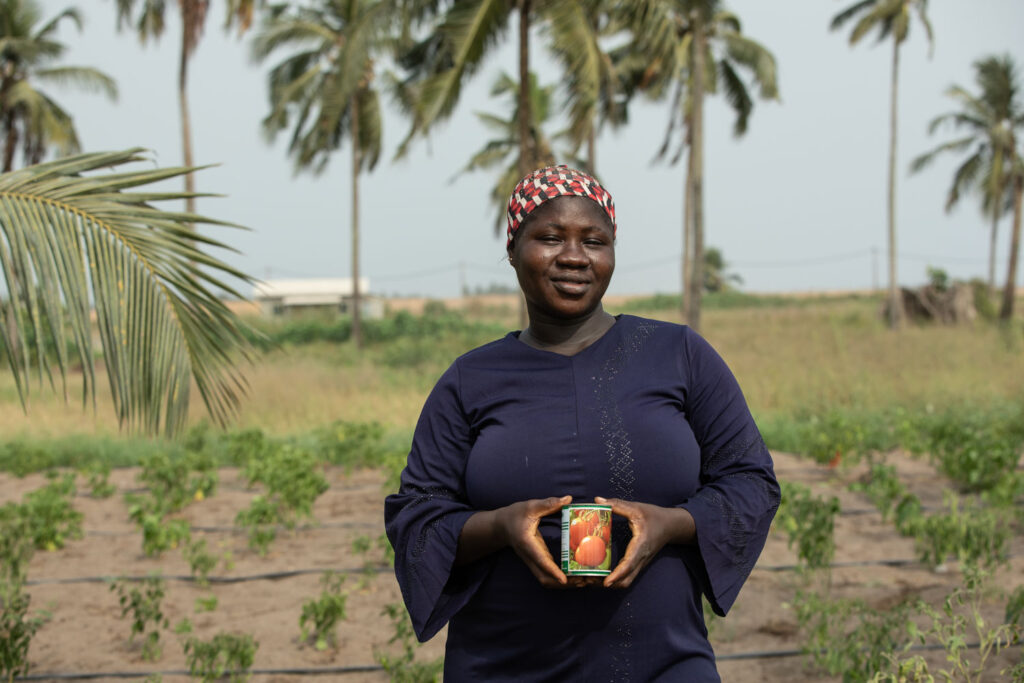
In rural, low-income communities around the world — villages like Dadi Louis — people often have little access to financial resources or formal banking, which can open doors to financial and business services like savings, loans and insurance. The World Bank Global Findex Database 2025, which measures global access to financial services, found that 1.3 billion adults worldwide remain unbanked, and women and people in poverty are among those most likely to lack an account.
Even where financial institutions exist, access to credit can still be vexing. Few smallholder farmers have collateral or credit history, and few can prove their income. Often finding sufficient documentation is difficult. These issues make opening a bank account, let alone acquiring a loan, challenging if not impossible, particularly for women farmers. In Nigeria, only 2 percent of women have access to formal credit.
“We have tried but most of the time they declined us,” Ashiata recalled, stressing that she has never been able to meet the collateral requirements for formal financing.
Although financial institutions and the services they provide are out of reach for farmers in Dadi Louis, lenders do exist — in the form of what Ashiata and her neighbors call “loan sharks,” individuals with means who charge exorbitant interest rates for the loans they offer. She and others have often borrowed from these lenders — at great cost to their financial stability. “The interest they charge,” Ashiata said, “is at 50% of the loan.”
Financial vulnerability at this level can make it nearly impossible to invest in a better future — and it can stall small-scale farming livelihoods. In Dadi Louis, Ashiata explained, agriculture supplies like fertilizer and pesticides are expensive, as is paying for labor during busy periods.
“When you have passion for something and you need money to do that thing, and you don’t get what you need, you feel bad,” she said.
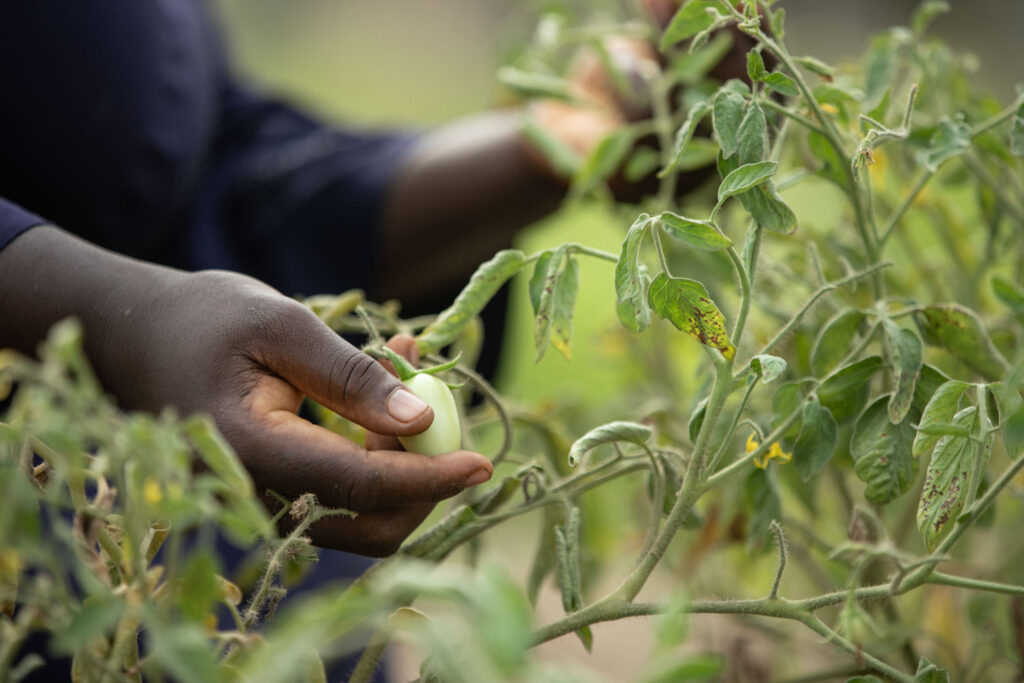
In 2021, Heifer International initiated a multifaceted program to help Dadi Louis’s smallholders build more resilient, profitable farms. In addition to providing technical training and connecting farmers with reliable buyers, Heifer partnered with Cosmic Roots Concept Limited, a Nigerian investment company, to offer low-interest microloans to producers in the area, including Ashiata.
“Ever since Heifer came to this community a lot of things have changed,” she said.
Through the microfinance partnership, loans are dispersed to participating farmers partially as agriculture inputs, such as seeds and fertilizer, and partially as cash deposited directly into the borrower’s personal account.
With a loan of a little more than 1 million Nigerian naira, just over $650, Ashiata received supplies to better manage her crops during the growing season — manure, fertilizer, insecticide and fungicide — and she used the remaining money to hire workers to help with the harvest and purchase piping to irrigate her tomato fields.
“This loan is like an opportunity for us,” she emphasized. “Ever since we’ve started this farming business, this access to finance was one of the best opportunities we’ve seen so far.”
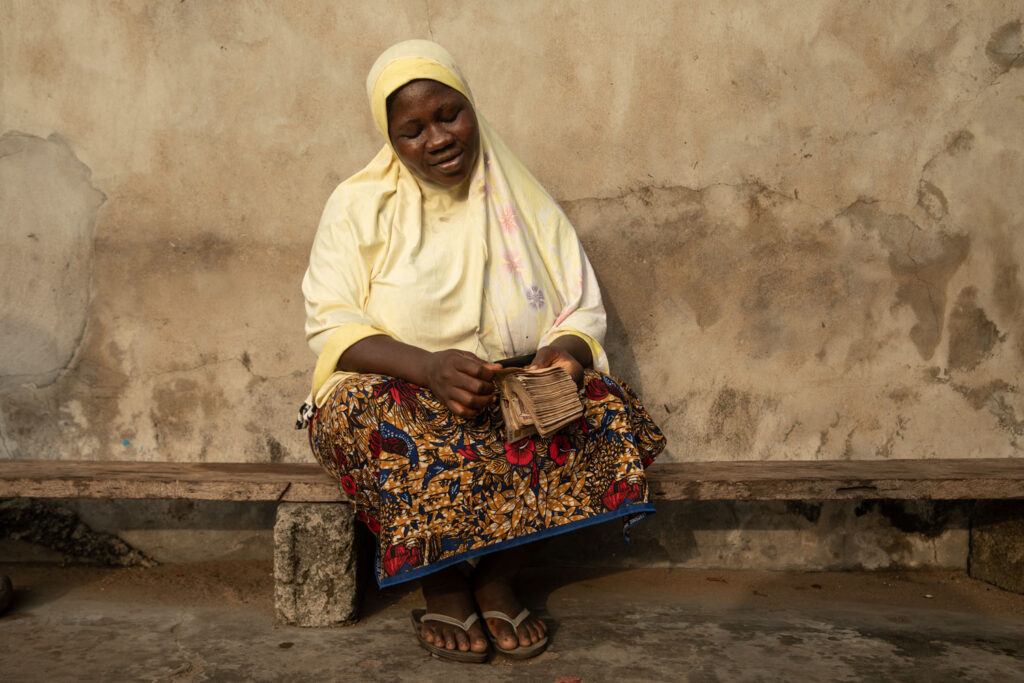
At 15 percent interest, the Cosmic Roots loans are significantly more affordable for Ashiata and her neighbors, easing the burden of repayment and enabling farmers to put more of their profits toward their families and future business endeavors. As added protection, borrowers’ crops are insured through another project partner, Leadway Assurance. Under the agreement, if a farmer loses their harvest — and, therefore, their income — due to a natural disaster and cannot make their loan payments, the insurance payout is paid to Cosmic Roots to cover the debt and ensure farmers can still be considered for future loans.
If things go well for Ashiata, she plans to continue investing — in herself, and in her farm. She hopes to help finish the home her family is building and, eventually, she would like to return to school to study agriculture. She also plans to build a greenhouse so she can plant crops year-round and grow more food for her community.
“These things start to develop small,” she reflected. “So, when I’m financially okay, I want to expand.”
“To feed this nation, people are ready,” she added. “Even I’m ready to even do more.”
Microloans unlock entrepreneurship opportunities and improve lives — and you can help more women get ahead. By making a contribution to Heifer International’s Micro-Loan Impact Fund, you’ll provide direct financial support to women in Nigeria to break down the barriers to economic independence and earn a reliable income. Learn about the Fund and help power progress today.
Cart is empty
Success!
Please be patient while we send you to a confirmation page.
We are unable to process your request. Please try again, or view common solutions on our help page. You can also contact our Donor Services team at 855.9HUNGER (855.948.6437).
Covering the transaction fee helps offset processing and administrative fees that we incur through taking payments online. Covering the transaction fee for each payment helps offset processing and administrative fees that we incur through taking payments online. Covering the transaction fee for each payment helps offset processing and administrative fees that we incur through taking payments online.
Success!
Please be patient while we send you to a confirmation page.
We are unable to process your request. Please try again, or view common solutions on our help page. You can also contact our Donor Services team at 855.9HUNGER (855.948.6437).
When you donate a gift to someone, you'll have the option to create a free card after your donation is complete.
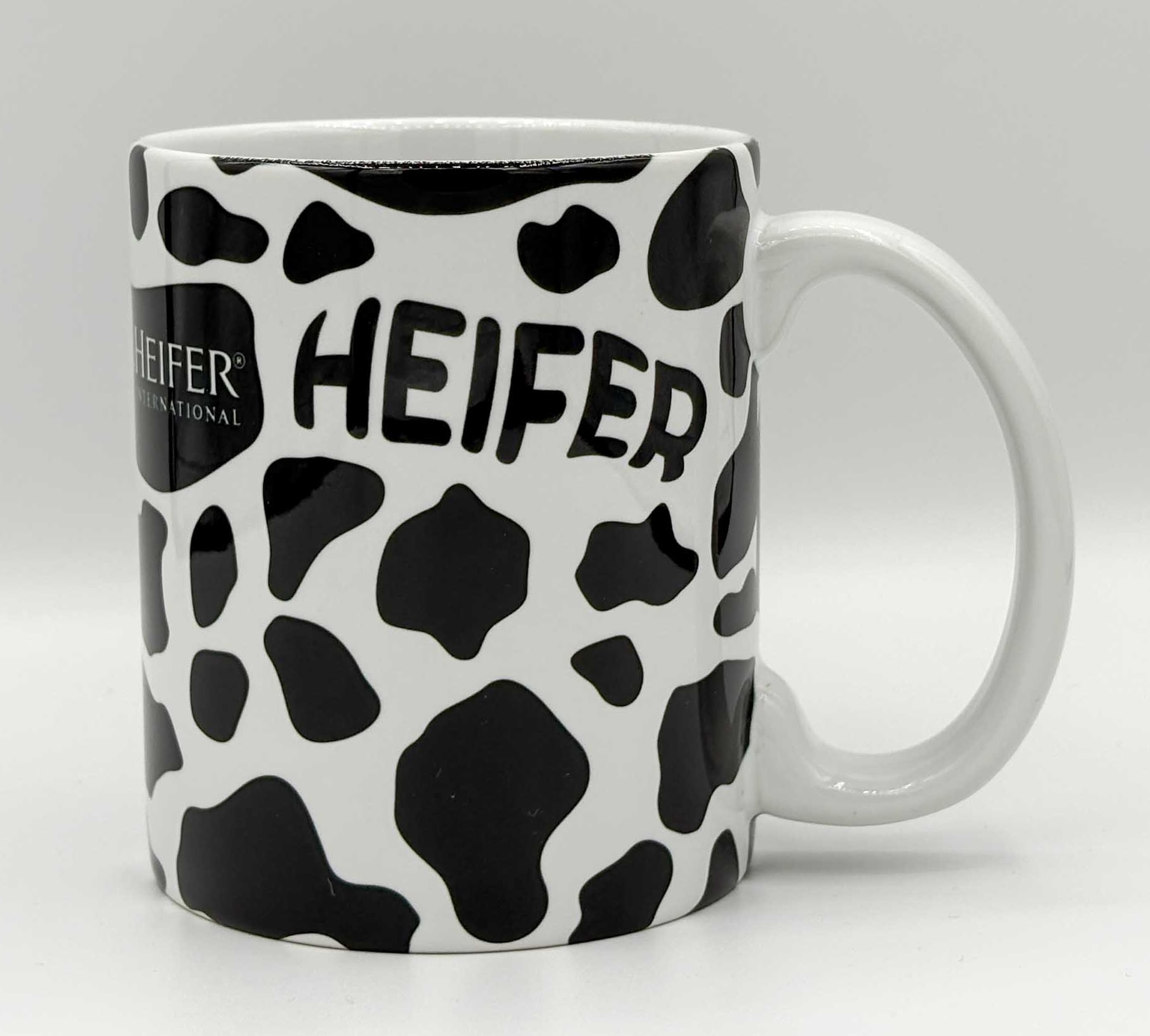
A FREE gift will be sent to supporters who choose to give a monthly gift.
Covering the transaction fee helps offset processing and administrative fees that we incur through taking payments online. Covering the transaction fee for each payment helps offset processing and administrative fees that we incur through taking payments online. Covering the transaction fee for each payment helps offset processing and administrative fees that we incur through taking payments online.

A FREE gift will be sent to supporters who choose to give a monthly gift.